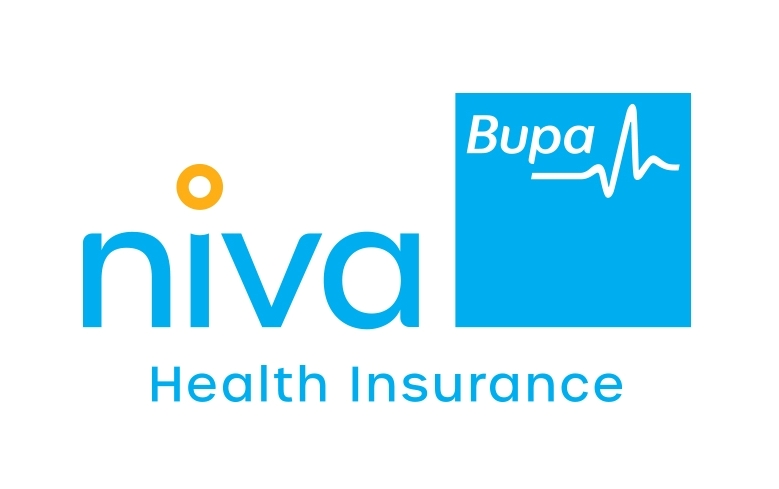Over the past decade, medical advancements have revolutionized the way treatments and surgeries are performed, significantly reducing the time required for procedures. According to Siddharth Singhal, head of health insurance at Policybazaar, conditions that previously required overnight monitoring or post-operative care can now be safely managed with just a few hours of hospital stay. This is thanks to minimally invasive procedures like laparoscopy, laser surgery, and advanced imaging that enable quicker diagnostics and faster recovery.
As a result, many common procedures such as cataract surgeries, chemotherapy sessions, angiographies, and emergency observations can be completed within a few hours, eliminating the need for prolonged hospital admission. The insurance industry is adapting to these new medical realities by introducing flexible provisions in health plans that cover short hospital stays. This is a significant development, as traditional coverage often fell short in covering such brief admissions.
Several leading insurers have already rolled out enhanced health plans that reflect this shift. For example, a 30-year-old male non-smoker living in a metro city can opt for ICICI Lombard’s “Elevate” plan with a ₹10 lakh sum insured for an annual premium of ₹9,195. Similarly, CARE Health Insurance’s “Care Supreme” plan is available for ₹12,790 per year, while Niva Bupa’s “Health ReAssure” plan costs ₹14,199 annually. These prices take into account not only risk assessments but also the range of benefits, hospital networks, and additional features offered by each plan.
The insurance sector is evolving to keep pace with the rapid advancements in medical care. With treatments becoming faster and more precise, insurers are responding by offering more flexible and comprehensive coverage options. This development is expected to benefit policyholders, who can now claim insurance even for short hospital stays that were previously not covered. As medical technology continues to advance, the insurance industry is likely to continue adapting, offering more innovative and responsive health plans to meet the changing needs of patients.

